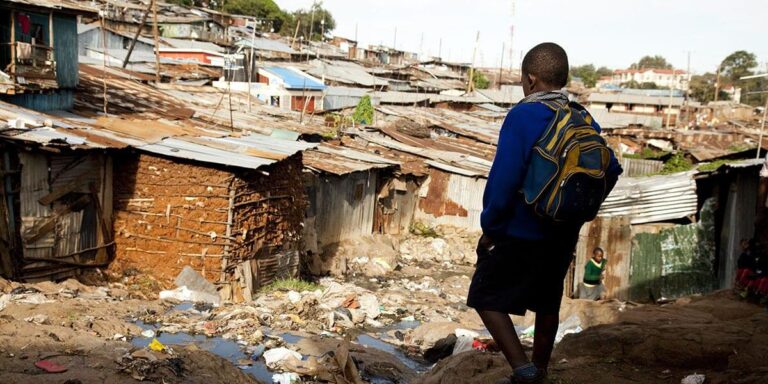Understanding Poverty in Chile
Poverty is a significant issue affecting millions worldwide, and Chile is no exception. In recent years, this South American country has faced challenges that have kept a portion of its population in poverty. The complexities around poverty in Chile deserve a closer examination as they intertwine with historical, economic, and social factors.
Historical Context of Poverty in Chile
The roots of poverty in Chile can be traced back to various socio-economic events. From the Pinochet regime to neoliberal policies implemented in the 1980s, the impacts on income distribution and social welfare have been profound. These historical contexts set the stage for the socio-economic landscape that many Chileans navigate today.
Economic Growth and Inequality
Despite significant economic growth in the past few decades, inequality remains a pressing issue. Many Chileans have not benefitted equally from this growth, and a genuine disparity exists between the wealthy elite and those living in poverty. This economic divide has further entrenched systemic poverty in various regions of the country.
Current Statistics on Poverty in Chile
Recent statistics reveal a troubling state of poverty affecting over 10% of the population. As of 2021, reports showed a regression in poverty rates due to the socio-economic impacts of the COVID-19 pandemic. This has highlighted the vulnerability of many Chileans and the need for sustainable solutions.
Government Initiatives and Social Programs
The Chilean government has implemented various initiatives to tackle poverty. Programs aimed at increasing access to education, healthcare, and employment opportunities are pivotal in reducing poverty rates. However, the effectiveness of these programs often comes under scrutiny, indicating a need for ongoing assessment and improvement.
Community and International Efforts to Alleviate Poverty
Local communities and international organizations play crucial roles in poverty alleviation. Various NGOs and social enterprises work towards capacity building and providing resources to impoverished regions in Chile. These collective efforts are vital in creating lasting change and supporting the Chilean population in their pursuit of a better life.
Conclusion: The Path Forward
Addressing poverty in Chile requires a multifaceted approach. It is essential to continue advocating for equitable economic policies, enhanced social services, and collaborative community efforts. For more detailed information on the issue, visit this resource that delves deeper into the persistent challenge of poverty in Chile.

